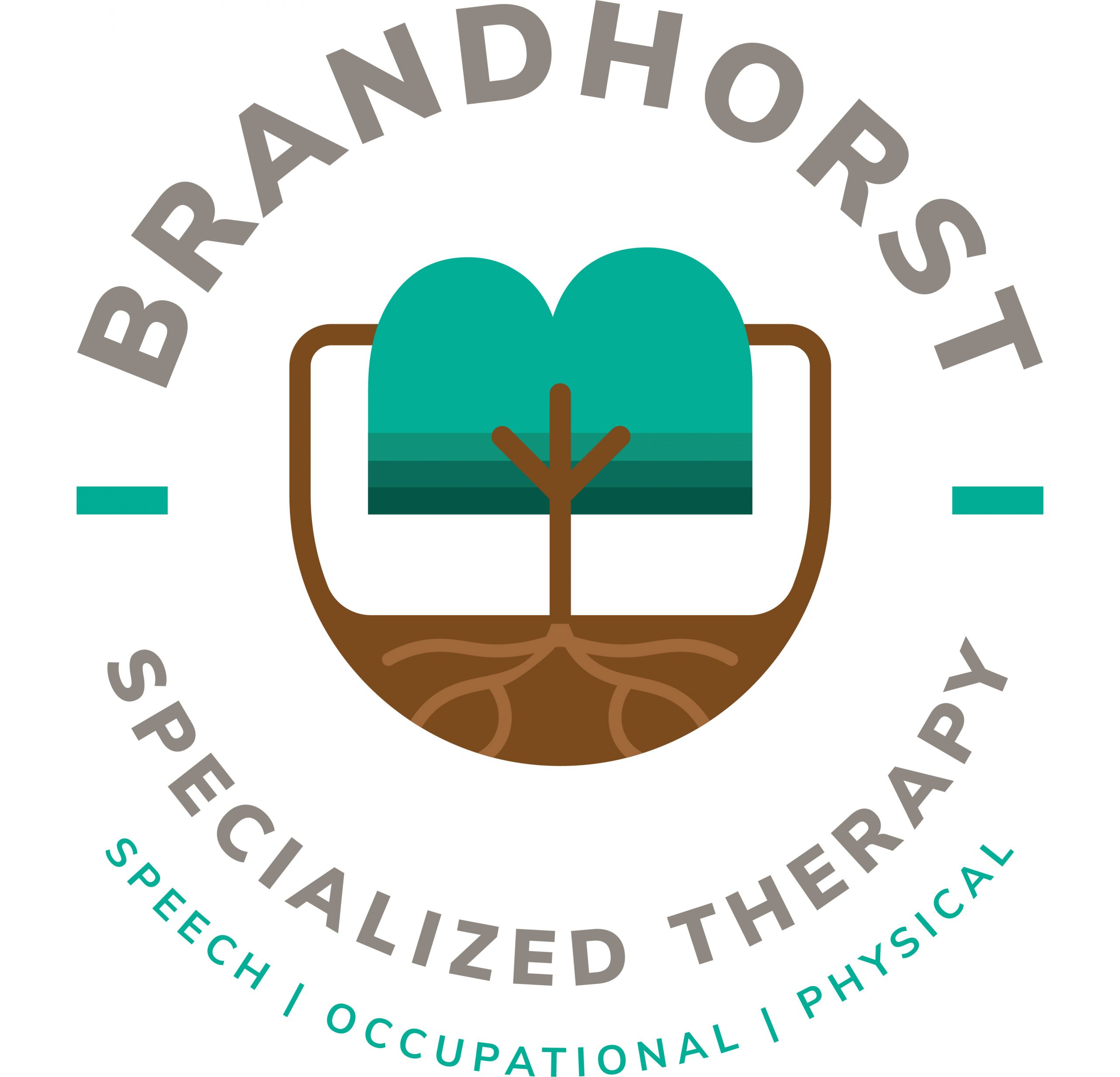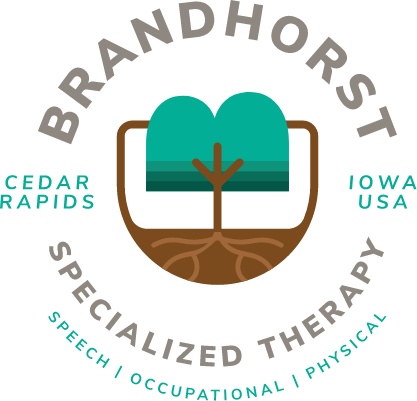Expert Therapy
who we are
At Brandhorst Specialized Therapy, we recognize that bodies are complex, integrated systems. When a presenting problem does not respond to traditional therapy, we dig deeper! The vision held by a single therapist working out of her car has expanded to include like-minded clinicians with diverse speech and pediatric occupational therapy specializations.
We diagnose and treat movement, motor, speech, sensory, and feeding disorders. These disorders may be related to premature birth, picky eating, Autism Spectrum Disorder, tethered oral tissue, Down Syndrome, Cerebral Palsy, degenerative disease, CVA, TBI, apraxia of speech, developmental delay, and more. We work with other medical professionals to uncover the airway, musculoskeletal, and neurological factors that contribute to the observable concern. Then we develop individualized, family-centered treatment strategies, drawing from both traditional therapy practices and innovative techniques.
Our approach enables patients to find the answers and support needed to stabilize, grow, and thrive.
Speech Therapy, Delayed Speech, and Developmental Language Disorder
Speech therapy in Cedar Rapids, Iowa, is designed to handle a large variety of different situations, providing a person with a fantastic range of recovery possibilities. Some conditions and diseases may respond very well to this type of treatment, mainly when appropriately applied. Therefore, it is worth understanding these options and how they may vary for each person.
Aphasia – A Common Side Effect of Many Health Issues
Aphasia is a condition that occurs when the part of the brain that processes speech gets damaged in one way or another. Often, this type of damage happens in a stroke, leaving a person unable to create language. However, brain damage can also occur in car crashes or during concussions, causing aphasia. When a person has aphasia, they will struggle to say the words they want to speak.
The frustrating thing about aphasia is that it does not affect intelligence and the person who is trying to talk knows precisely what they want to say. But they may end up saying other words that are not related to what they want to say or even gibberish that they know is wrong when they hear it but which they cannot control. Those with this problem need speech therapy to regain their proper speaking capability.
While speech therapy may not restore a person to their full range of vocabulary, it can help teach coping mechanisms for somebody with aphasia. For example, they may learn sign language that allows them to spell out what they mean to say or create flashcards that properly communicate these ideas. However, therapy also helps by emphasizing proper word use and drilling it into their brain more effectively.
And while their ability to learn and master these words may be limited by aphasia, speech therapy may still help create new neurological pathways in the brain that make it easier for that person to speak. This process is often a long-lasting one and takes a lot of time to execute correctly. However, it can be very successful if approached with the right attitude and personality for its execution.
Pronunciation Problems – Not an Uncommon Concern
Many people struggle to articulate or pronounce certain sounds or words for reasons that vary based on each person. For example, some individuals have a hard time pronouncing “th” sounds and may either pronounce them as a “t” or add an extra sound that makes them awkward. In this scenario, “thirty” would become “tirty,” an issue that can make a person feel very self-conscious about talking.
Thankfully, speech therapy can help by providing corrective measures that make it easier for a person to pronounce these words. For example, therapists can discover why a person may pronounce words in this way – they may have muscular control issues with their mouth – and work with them to make it easier for that person to pronounce the words they are trying to say and say them properly.
This type of therapy can also figure out why a person drops certain sounds – such as an inability to say certain “o” sounds – and better understand how to say them. The basic approach emphasizes the proper pronunciation and shapes the person’s mouth to make these sounds. Often, this can take some time to execute due to the complexity of the process correctly.
Typically, this process takes a handful of years to master correctly – it takes time for a person to correct pronunciation issues they have had their whole life. Thankfully, going through this process is usually quite simple and not that demanding. Treatments often include various types of games that make it easier for a person to remember and shape proper pronunciations.
Cognitive-Communication Troubles – A Troubling Concern
Lastly, speech therapy may be beneficial for those who have cognitive-communication issues that make speech troubling. These problems often focus on various types of injuries or damage to the brain that may make it hard for a person to speak. Thankfully, these conditions don’t have to limit a person’s capability if they are willing to work with a therapist who understands each of these diseases.
For example, memory issues may be a part of some disease that makes it hard for a person to remember what type of words they want to say. Just as significantly, an individual may also suffer from a few different problems with processing related to conditions such as delirium, Alzheimer’s, and even Down’s Syndrome. As a result, they may lack the capability to speak words properly at first.
However, others may have fluency and resonance disorders related to this type of cognitive inability. For example, some may have a stutter caused by malfunctioning areas of the brain and struggle to speak fluently. Or they may have cleft palate issues triggered by a variety of different conditions that make it hard for them to resonate with the words they are trying to say without some difficulty.
Thankfully, speech therapy can help make it easier for a person to control these problems, managing any issues that may complicate their speech. Though it often takes some time for this type of therapy to be entirely useful for a person’s recovery, going through these steps can help make them a more active member of society and increase their social integration via more robust and more articulate speech. In this way, a person can overcome any limitations that their speech issue may have otherwise put on their lives as individuals.
You Deserve Help
If you want the best speech therapy in Cedar Rapids, Iowa, and want to make sure that you get the best chance of recovery, please don’t hesitate to reach out to us today at Brandhorst Specialized Therapy. We have years of experience helping people like you better understand the problems that impact their speech and do whatever it takes to help you recover. Contact us now to set up a primary screening and learn more about the various techniques to provide people like you in this situation and give you the best chance to live a happy life.


